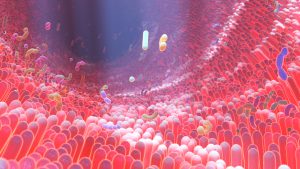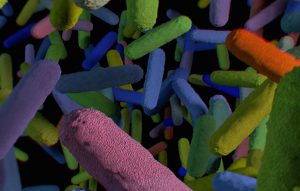The National Institutes of Health (NIH) awarded Associate Professor Levi Waldron administrative supplements on two grants, both for increasing the findability, accessibility, interoperability, and reusability of publicly available research data for Artificial Intelligence and Machine Learning (AI/ML) .
The first supplement of $318,602 to Professor Waldron’s U24 grant, “Cancer Genomics: Integrative and Scalable Solutions in R/Bioconductor,” supports collaborations to improve the AI/ML-readiness of NIH-supported data. The NIH makes a wealth of biomedical data available and reusable to research communities but not all of these data can be used efficiently and effectively by AI/ML applications.
This proposal recognizes that standardization efforts by the Waldron Lab under the parent grant and others have generated hundreds of uniformly-processed, manually curated datasets for efficient use within the R/Bioconductor project for open-source Bioinformatics in the R language, but that these datasets are not easily usable by researchers not using R, and remedies this shortcoming by conversion of data to formats more suitable for cross-platform use. It also recognizes that the representation of minority groups, sex as a biological variable, and other key characteristics of these datasets is not consistently documented, and mitigates this shortcoming through manual curation and annotation of aggregate-level data from the primary publications behind the datasets.
The second supplement of $147,806 to Professor Waldron’s R01 grant “Exploiting Public Metagenomic Data to Uncover Cancer-Microbiome Relationships” addresses unexpected costs arising in this project from the transition of co-Investigator Professor Sean Davis from the National Cancer Institute to an independent faculty position at the University of Colorado, and from the complexity of developing BugSigDB: A Comprehensive Database of Published Microbial Signatures, a community-editable wiki and database based on the same technology that powers Wikipedia.
“I’m thrilled that the NIH continues to prioritize not only making NIH-funded data publicly available, but making that data usable by as broad a research community as possible,” says Professor Waldron. “These supplements will really help move these projects forward at a challenging time.”




